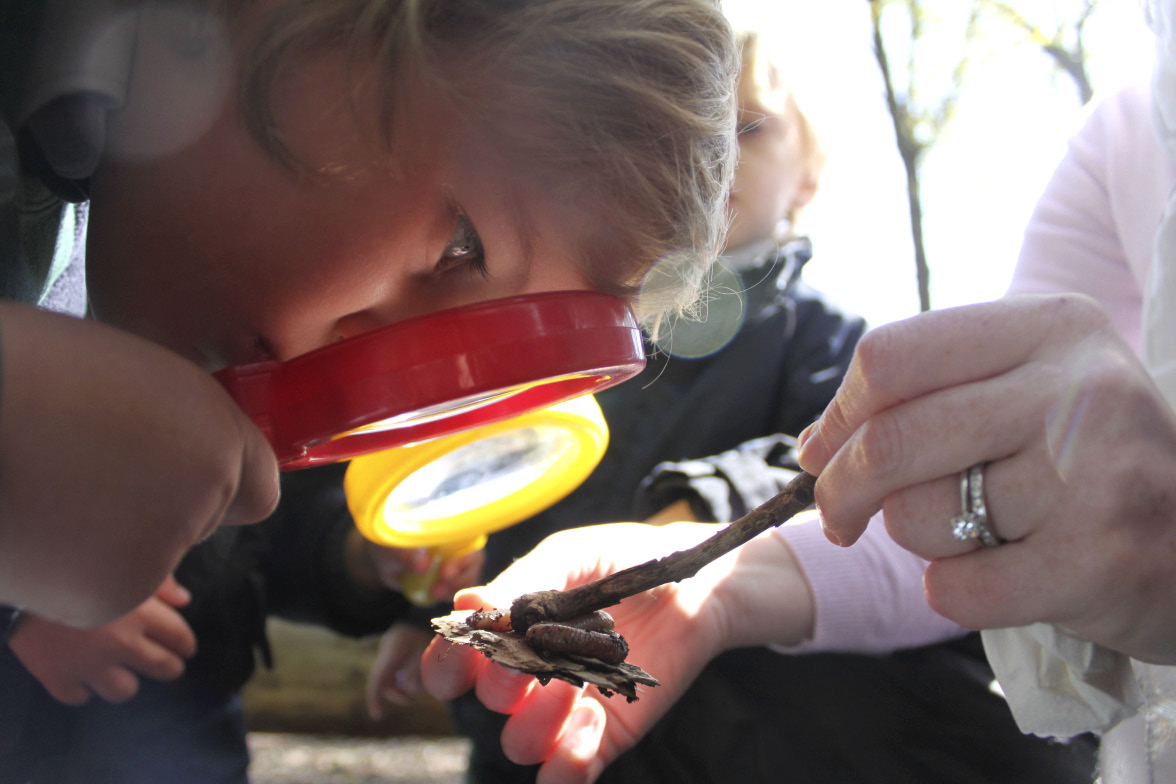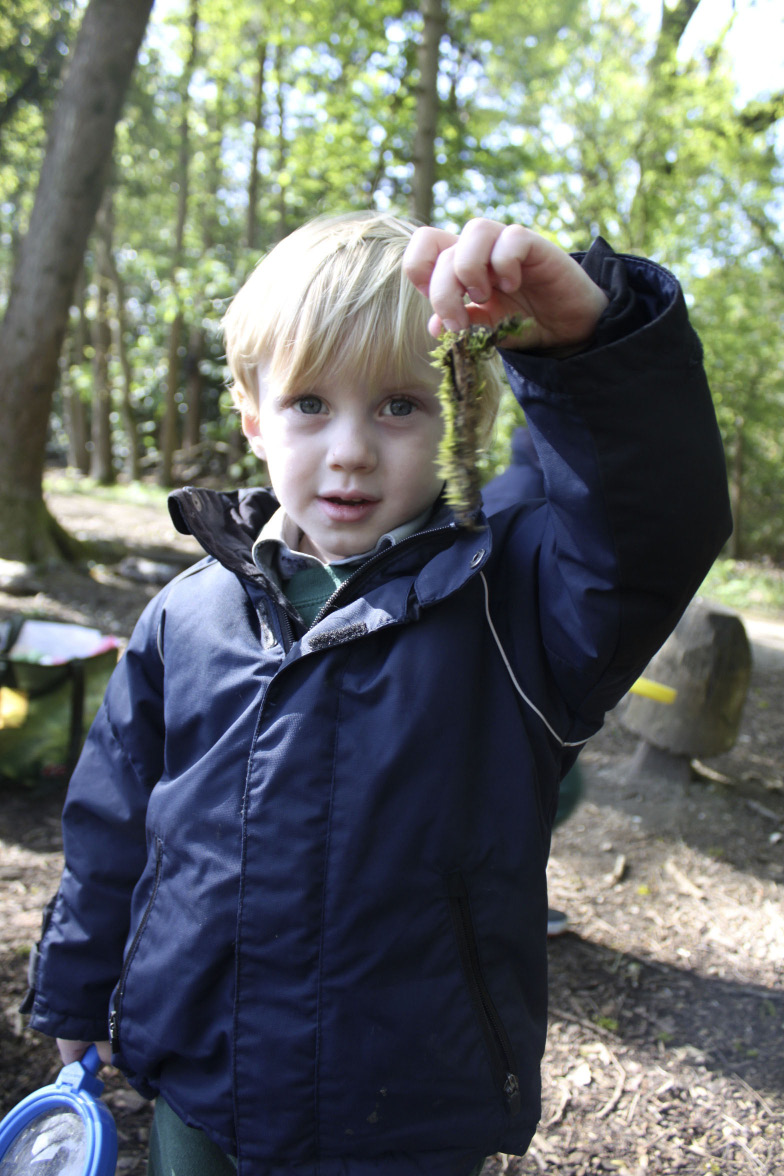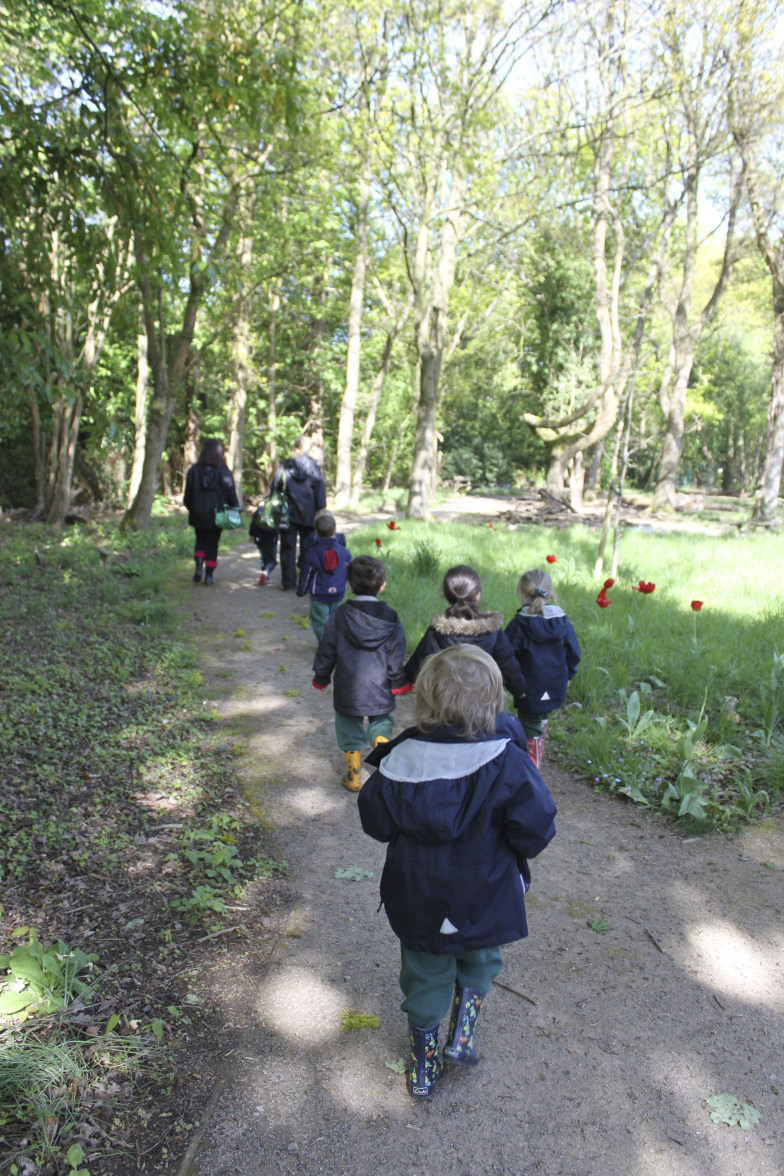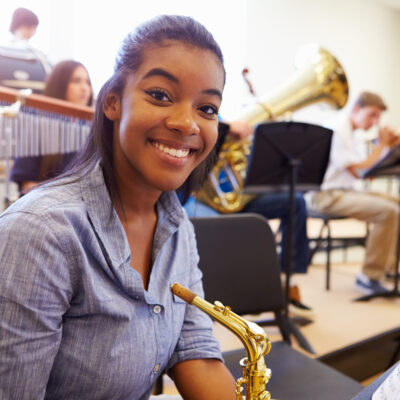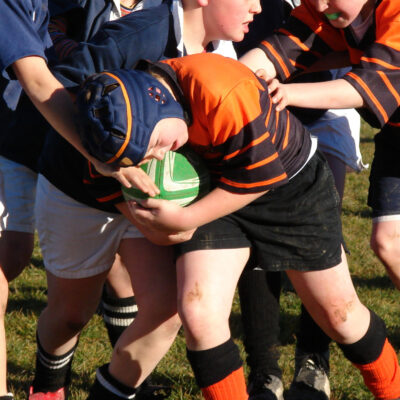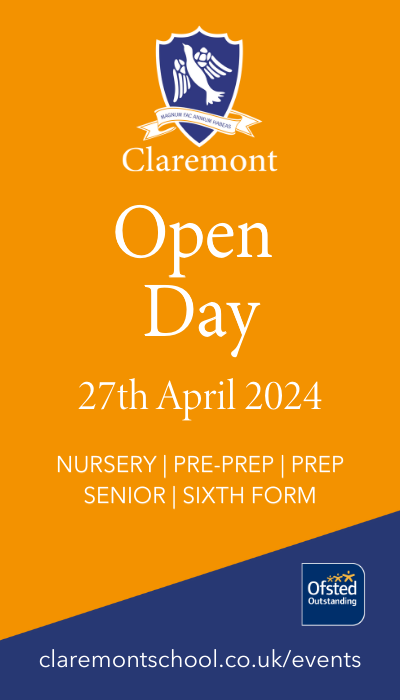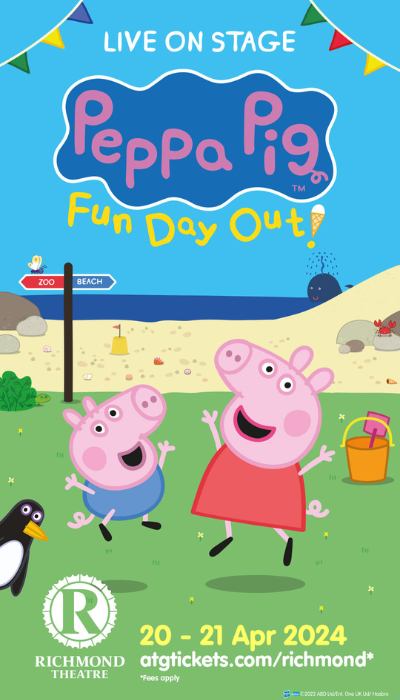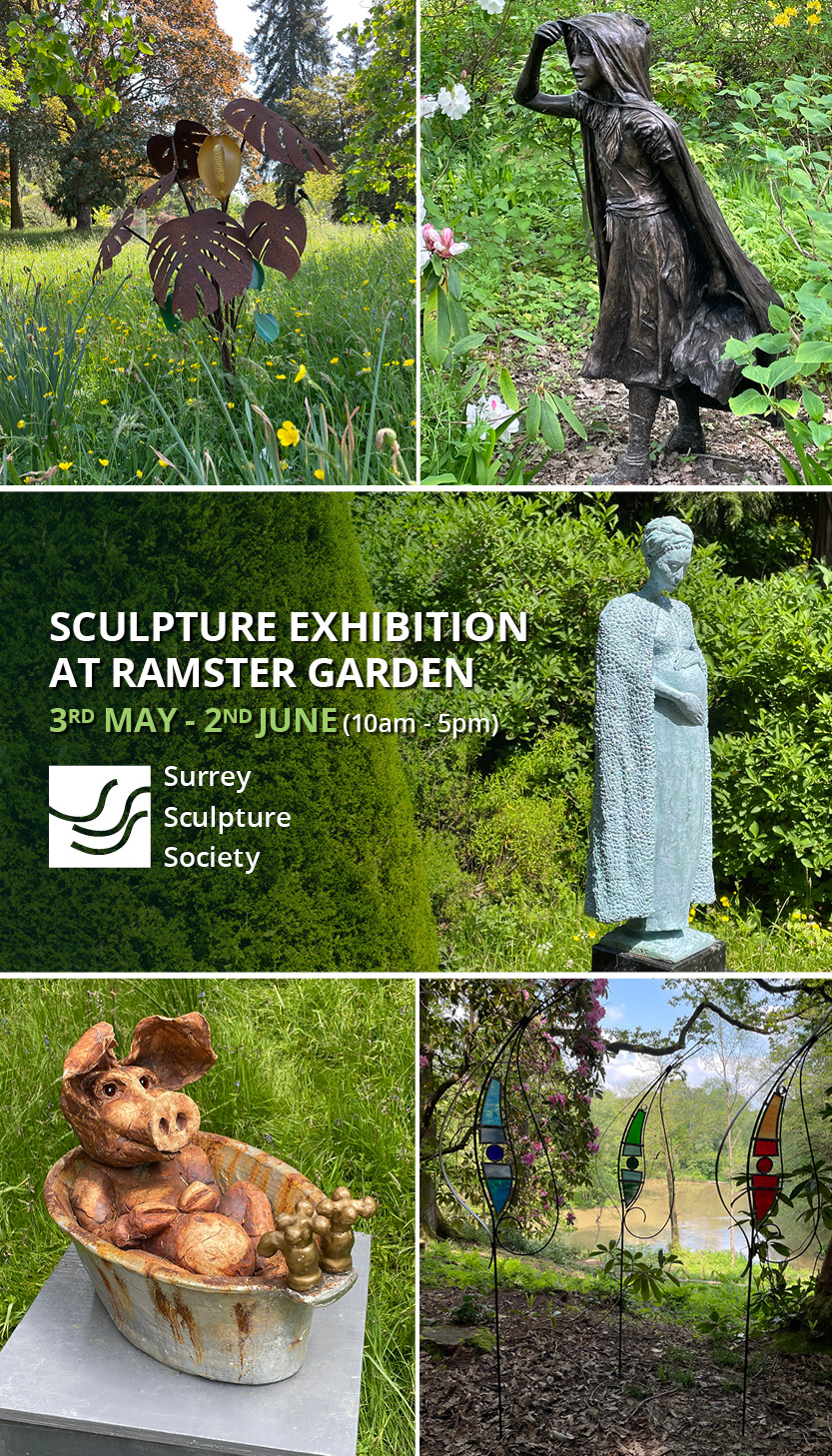Chinthurst School
What are they? A ‘Forest School’ is an outdoor learning programme which originated in Scandinavia. It brings tremendous benefits to children and the sessions, run by qualified Forest School practitioners, develop confidence, creativity and self-esteem. It is also great fun and our Kindergarten look forward to their weekly trip to the woods. They go in all weathers and each session begins with the children looking for changes since their last visit. Crunchy leaves in autumn or beautiful spring bluebells are woven into stimulating learning experiences which involve exploration and investigation. The discovery of a fairy door for example (which has been surreptitiously placed at the base of a tree) sparks an exciting investigation to find twigs and leaves to build a fairy house. The children fill their ‘prickly, tickly’ boxes with items found in the undergrowth and share their treasures with each other. At the end of each session, they are given a chance to reflect on what they have enjoyed the most and their individual progression is observed and used when planning for the next visit.
Why do parents like them? Our parents recognise that the sessions enable the children to learn important skills whilst benefiting from freedom and fresh air. They see it as a welcome break from technology and a reconnection with nature and imaginative play.
Why do schools like them? The sessions are great fun but they are also enormously beneficial to development. Our programme helps children try new things and encourages risk taking within safe limits. Activities are designed to help them make judgements such as how they will climb onto a log or perhaps negotiate a small space when building a den. The risk benefit process is constantly managed and monitored by the Forest School leader to ensure the children can explore and investigate safely.
How successful are they? The Forest School programme is excellent at fostering important life skills such as resilience, confidence and creative learning helping each child to be the best they can be.
How do they work following the traditional school curriculum/assessments? Development of the individual child is at the heart of education at Chinthurst and underpins everything we do. Forest School sessions are an important part of the curriculum and supplement learning by building independence.
chinthurstschool.co.uk
